"Yesterday's remarkable is today's really good and tomorrow's mediocre."
"Are you a linchpin or a replaceable cog in a machine?" — This is the question Seth Godin compels us to ask ourselves in his New York Times bestselling book Linchpin, and then highlights the differentiating characteristics between the two, and goes on to reveal ways in which we too can become indispensable aka linchpins.
All marketers know about Seth Godin. Even if you aren't familiar with his work, chances are you have heard of his name. He's one of the most influential business bloggers in the world, a popular speaker, and a bestselling author.
I'm a frequent visitor of Seth Godin's immensely popular blog. Despite the brevity of his blog posts in an era of long form blog posts, there are several insights to be gained.
So I thought the logical next step would be to read one of his business books. While I bought two of his bestsellers – All Marketers are Liars and Linchpin, I decided to first read Linchpin. And here's my short review of the book.
In the book, Seth Godin describes linchpin as an indispensable resource in an organization. The linchpin is an individual who can walk into chaos and create order, someone who can invent, connect, create, and make things happens. Godin believes every organization has linchpins who make differences like these.
Having described linchpin in detail with examples, Godin then goes on to reveal the key characteristics that set linchpins apart from cogs.
The book is packed with lessons for marketers, but below are some of the key lessons and insights that I was able to draw.
- Emotional Labor – as opposed to physical labor. In simple terms, emotional labor is the work you do with your feelings, not your body. Examples of emotional labor would be making art, producing generosity, and exposing creativity.
- The Importance of Shipping – In this context, shipping means ending the project that we began. Godin summarizes this pretty well — The only purpose of starting a project is to finish. While the projects we do are never really finished, they must ship.
- The Lizard Brain – One of the key challenges to shipping is the resistance from our lizard brain. The lizard brain is the reason we are afraid, the reason we don't ship. Godin explains many ways in which we can nullify the lizard brain and overcome resistance to be more productive.
- Generosity and Gifting – Linchpins are able to give real gifts. Real gifts don't demand reciprocation and the best kinds of gifts are gifts of art. Godin also describes the three circles of gifting – friends and family, the circle of commerce, and the Internet. When we tend to focus only on the second circle (commerce), our art suffers. It's only when we focus on enlarging our first and third circles that we profit from our art.
I found Linchpin to be immensely insightful, though the points that Seth makes tend to get a bit repetitive.
The book is also written in a nonlinear fashion which is unlike most business books I've read, and it took me some time to really get immersed in it.
But once you're able to get past the nonlinear style of the book, Godin's business philosophy and his theory of linchpin, sprinkled with numerous real-world examples, shine through and in turn compel you to acquire characteristics to become a linchpin yourself.
Related Articles

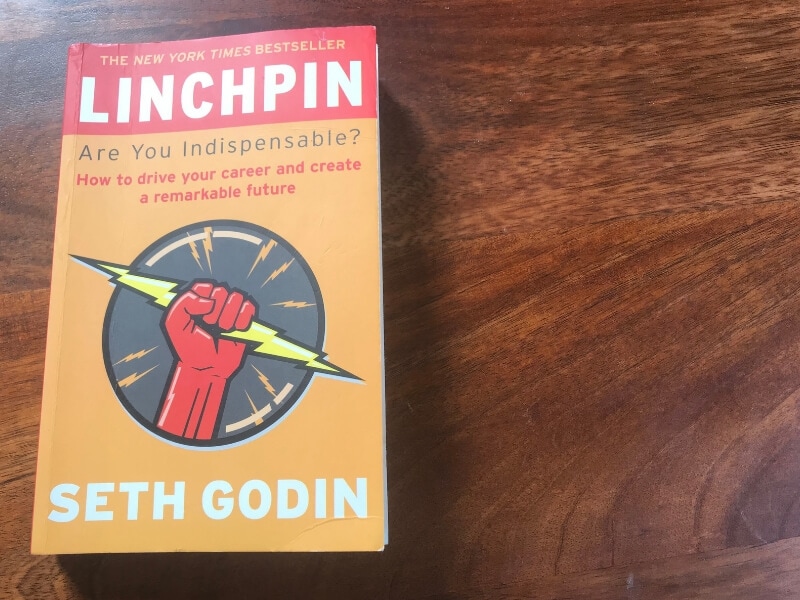

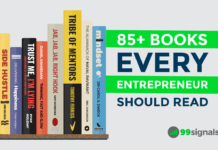
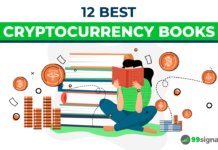
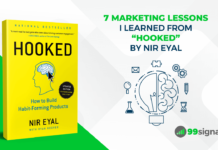
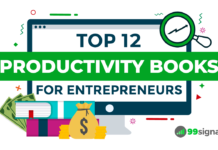
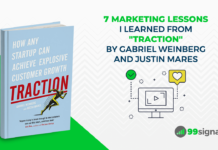
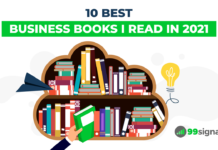
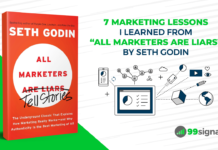
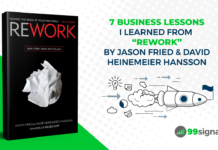

Hey Sandeep,
I like your review. I'll have to pick up this book sometimes. I read Seth's blog but I never read any of his books, for shame I know:)
Anyway, this is the first time I hear of the "lizard brain". But it's the same concept as "the Resistance" by Steven Pressfield.
Cheers,
Nikola Roza